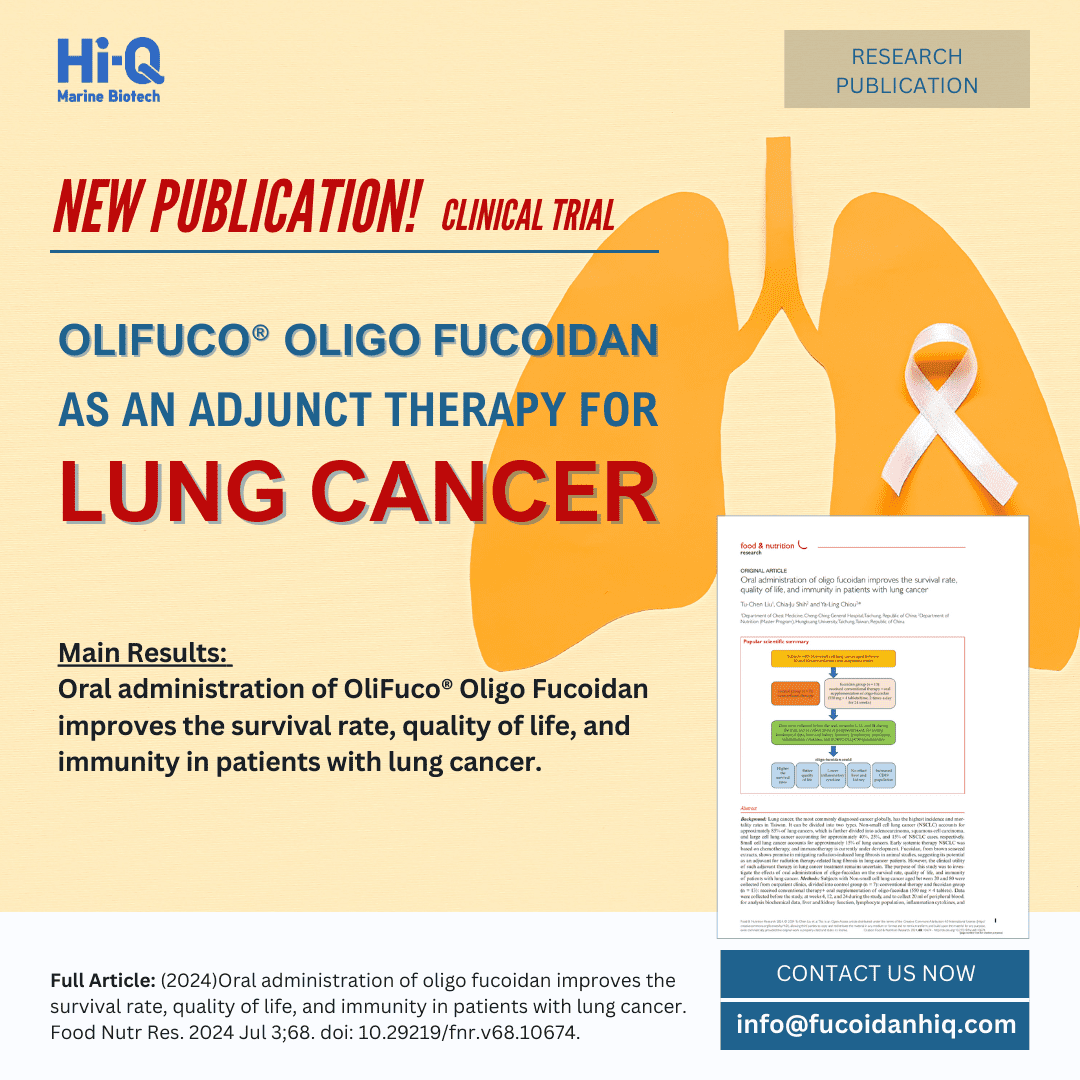Stomach cancer, also known as gastric cancer, is a formidable adversary in the realm of oncology. Originating in the lining of the stomach, this disease poses significant challenges due to its often asymptomatic early stages and aggressive nature. In this article, we delve into the intricacies of stomach cancer, exploring its risk factors, detection methods, and evolving treatment landscape.
The causes of stomach cancer are multifaceted, with both genetic and environmental factors playing pivotal roles. Individuals with a family history of stomach cancer, as well as those infected with Helicobacter pylori bacteria, face an increased risk. Dietary factors, such as the consumption of smoked or salted foods, and lifestyle choices, such as smoking and obesity, also contribute to the likelihood of developing stomach cancer. Understanding these risk factors is essential for preventive measures and early intervention.
Detection of stomach cancer in its early stages remains a significant challenge due to the absence of specific symptoms. However, persistent indigestion, abdominal discomfort, unintentional weight loss, and blood in the stool are potential warning signs. Endoscopic procedures, including gastroscopy and biopsy, are crucial diagnostic tools that allow healthcare professionals to visualize the stomach lining and confirm the presence of cancerous cells.


Treatment options for stomach cancer depend on various factors, including the stage of the disease, the extent of tumor spread, and the overall health of the patient. Surgery, chemotherapy, and radiation therapy are common modalities employed in the management of stomach cancer. In recent years, targeted therapies and immunotherapy have shown promise in providing more personalized and effective treatment options, enhancing the prospects for patients with advanced stages of the disease.
The journey through stomach cancer involves not only medical interventions but also the support of a multidisciplinary healthcare team. Nutritionists, psychologists, and support groups play vital roles in helping patients navigate the physical and emotional challenges associated with the diagnosis and treatment of stomach cancer. Recognizing the importance of a holistic approach to care, healthcare providers are increasingly focusing on the overall well-being of patients throughout their cancer journey.
Prevention remains a cornerstone in the battle against stomach cancer. Adopting a healthy lifestyle, including a balanced diet rich in fruits and vegetables, regular exercise, and avoiding tobacco, can significantly reduce the risk. Additionally, addressing the eradication of H. pylori infections through antibiotic therapy can play a preventive role in certain cases.
As researchers delve deeper into the molecular intricacies of stomach cancer, ongoing clinical trials and advancements in targeted therapies hold promise for more effective and tailored treatments. International collaborations and information sharing are critical in accelerating progress and improving outcomes for individuals facing this challenging diagnosis.
In conclusion, stomach cancer represents a complex and multifaceted disease that demands a comprehensive approach from prevention to treatment. With ongoing research, early detection methods, and evolving treatment modalities, the medical community continues to strive for improved outcomes and a better quality of life for individuals affected by stomach cancer.



